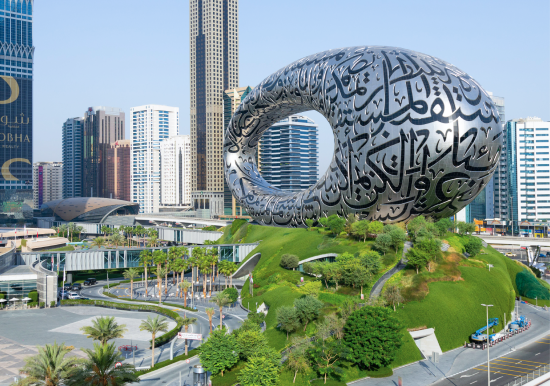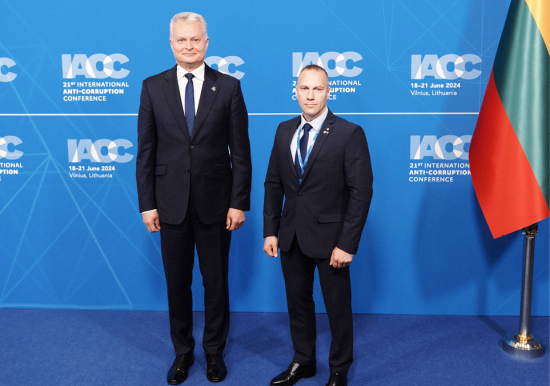
Strong Relationships Drive Growth: A Conversation with Andrew Wear, Director of Economic Development and International at the City of Melbourne
Cities and countries can definitely benefit by benchmarking themselves and studying the experiences of their peers. I would invite governments to ask a simple question: are we achieving outcomes that are best in class, and if not, why not?
Andrew Wear
Director of Economic Development and International at the City of Melbourne
International partnerships and collaboration are key to economic development, and also to supporting economic activity during a crisis. During the COVID-19 pandemic, cities and governments have been willing and open to learning from each other. Melbourne is planning to introduce a voucher scheme, and we have benefited from close discussions with our counterparts in Milan, London, and Singapore.
In the past, Australian governments would lead business delegations overseas, and they would strike a deal and find buyers for their wine and other products, or they would convince a company to invest in Australia, and that was considered a big success. Today, we focus much less on the individual transaction or deal, and more on cultivating the deeper ecosystems and relationships that support trade and investment. In many cases, a strong government-to-government relationship supports and encourages vibrant economic activity and trade between cities and countries. Governments are uniquely positioned to convene and coordinate these deeper relationships.

The cost of doing business becomes less important as we deal more with knowledge- and innovation-based products and services. These investors care more about broader advantages like the end-to-end supply chain, the quality of research centres and universities, and whether there is a sophisticated consumer base.
More broadly, cities and countries can definitely benefit by benchmarking themselves and studying the experiences of their peers. I would invite governments to ask a simple question: are we achieving outcomes that are best in class, and if not, why not? I discuss these issues in my book Solved! How other countries have cracked the world’s biggest problems and we can too (2020). Singapore does well in education, Australia succeeds in having a multicultural, cosmopolitan society, and the US is superb in innovation. But I have yet to see a single country that has no room for improvement, and that’s why countries should learn from each other.
It’s rare that any policy can be plucked from one place and simply dropped into another. Maybe another country’s policies will work, and maybe they won’t. But the first step is to understand in detail what others are doing. When cities and countries learn from each other, they expand their repertoire of possible policy options. Each city and country must choose its own path. But with mutual learning and sharing, we can have better conversations on what might be possible, and make better choices.
Practitioner Stories are told in the contributor’s own words, speaking in their individual capacity. Their inclusion in the CGGI website is not an endorsement of the CGGI 2021 methodology or results.
More Stories


Country Spotlight 2025 & Practitioner Story: Jamaica

